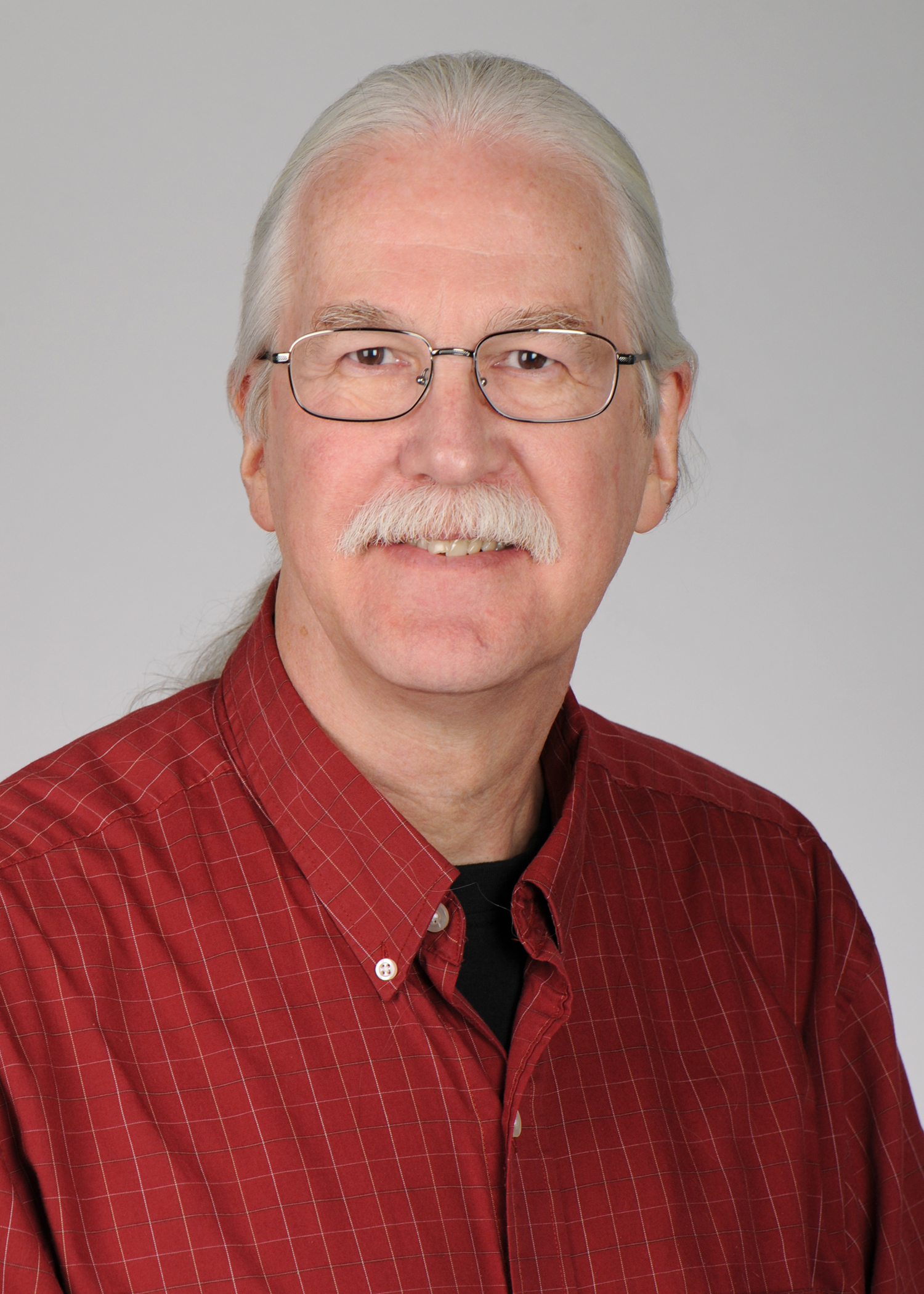
The National Research Mentoring Network (NRMN) is made up of thousands of individuals who make NRMN what it is. Coaches, trainees, mentors, and facilitators each play a pivotal role in implementing and disseminating evidence-based best practices to improve mentoring relationships at institutions across the nation. One of those coaches that has inspired many over the past several years has been Edward Krug, PhD.
Dr. Krug currently serves as a Professor in the Department of Regenerative Medicine and Cell Biology at the Medical University of South Carolina located in Charleston. Beyond being a professor at his institution, Dr. Krug serves as Associate Dean for Postdoctoral Affairs and has been highly involved in NRMN for the past four years serving as a coach.
Krug states that his first interaction with NRMN was subtly though a study section.
“It seemed that the better applications included some mention of NRMN in training plans,” Dr. Krug said. “A bit later, I met Harlan Jones and JK Vishwanatha at an Understanding Interventions conference where they presented on the NRMN STAR program. I thought it was an exceptional mechanism for helping those underrepresented in STEM learn how to be better grant writers and how that related to their professional development.”
After hearing more about the program, Dr. Krug began to learn more about NRMN and joined as a coach in the NRMN STAR program. Over the years, Dr. Krug has worked with mentees in each NRMN STAR cohort with the goal of submitting a grant application after the program concludes. Beyond the NRMN grant writing programs, Dr. Krug has participated in several career development opportunities that NRMN has offered over the years.
Dr. Krug’s research focuses primary in biology and biochemistry, but he has enjoyed the many opportunities he has had to work with others from around the nation.
“I think the most impactful experience I have had in NRMN STAR is the opportunity to work with mentees in fields far from my research as a basic scientist. Being matched with someone in sociology or public health means that I’m not bringing any of my disciplinary bias to the discussion,” Dr. Krug said. “I’ve learned more about the fundamental structure of a grant by working with individuals in a disciplinary mismatch than in my collective 30 plus years of grant writing in my own area.”
This May, Dr. Krug will be retiring after many years of service both at his institution, in NRMN, and in coaching and mentoring many. His journey is one that leaves a legacy for many, but has brought many joys and accomplishments throughout his career.
Regarding serving in a mentoring capacity, Dr. Krug said, “Aside from hearing that a mentee got funded, what I think is the biggest collateral impact is when participants either learn how to improve the circumstances in their current position or come to the decision to relocate to another institution or department that fits their immediate and longer term needs better.”
The grant writing coaching groups allow for extensive growth in a variety of academic capacities and are there to help meet the needs of individuals looking to improve and progress on their grant proposals. While the Phase I of NRMN is almost complete and the structure of programs such as the grant writing coaching groups will change, Dr. Krug encourages everyone to participate in NRMN.
“Be ready for the experience of a lifetime” Dr. Krug said. “Be ready to open up to challenges to your research and thought processes, but know it will make you stronger, happier, and more successful.”
Thank you Dr. Krug for being a huge part of NRMN from the beginning. We truly appreciate your contributions and dedicated time in investing in the future biomedical researchers.
To learn more about NRMN, visit nrmnet.net.